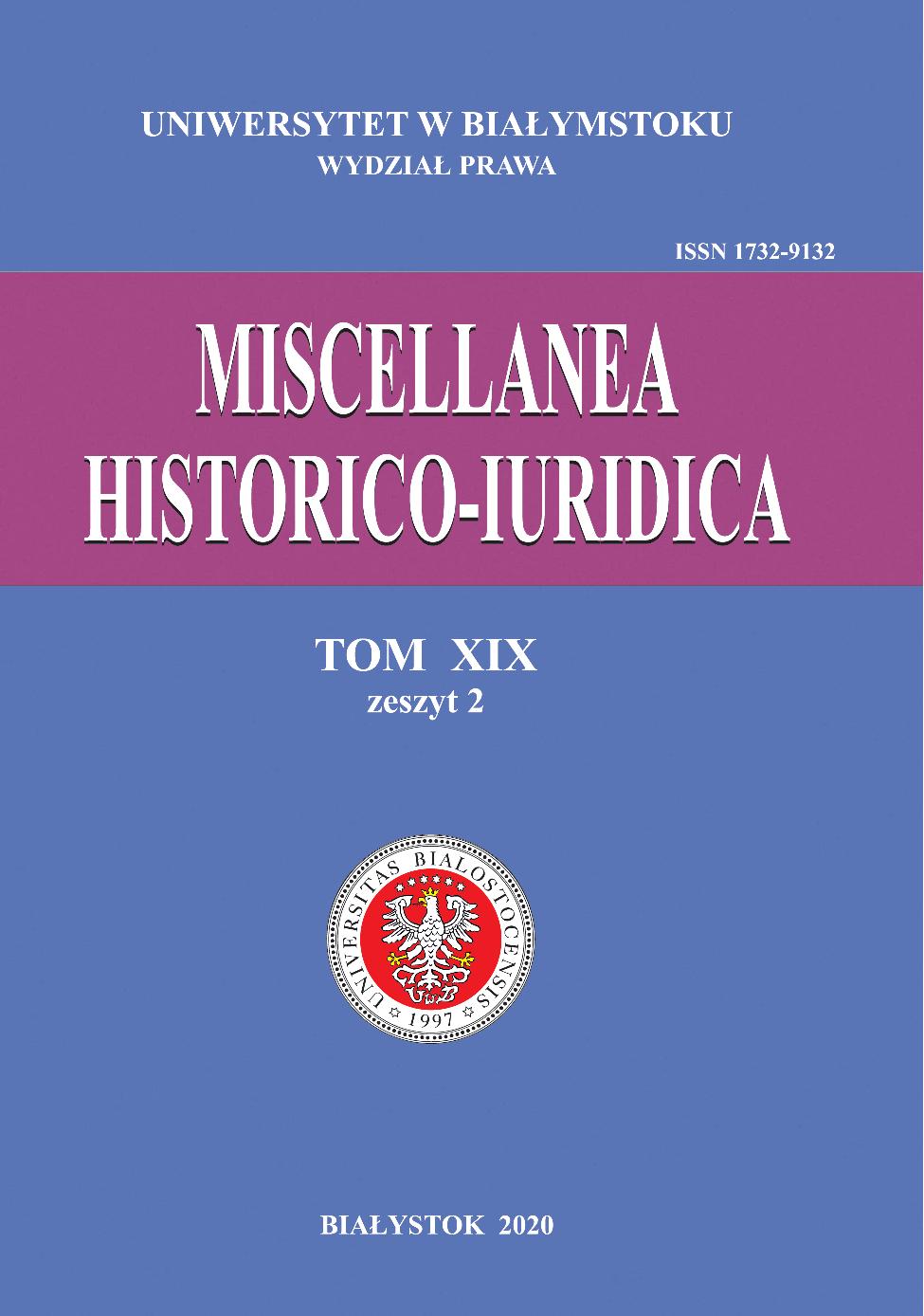Der Vertrag zwischen der Bundesrepublik Deutschland und der Volksrepublik Polen über die Grundlagen der Normalisierung ihrer gegenseitigen Beziehungen als Zäsur in der Geschichte der Bonner Republik
The Warsaw Treaty as a turning point in the history of the Bonn Republic
Author(s): Martin LöhnigSubject(s): History, Law, Constitution, Jurisprudence, History of Law, International Law, Recent History (1900 till today), Post-War period (1950 - 1989)
Published by: Wydawnictwo Uniwersytetu w Białymstoku
Keywords: vote of no-confidence; saddle period; Warsaw Genuflection; dissolution of parliament; social-liberal era; Warsaw Treaty; Bundesverfassungsgericht
Summary/Abstract: For Poland, the "Warsaw Treaty between the Federal Republic of Germany and the People's Republic of Poland" brought legal certainty: The Polish western border was now recognized by both German states under international law. For the Federal Republic of Germany, the tough domestic political struggle for ratification of the treaty marks a turning point. The essay describes this struggle between the social-liberal government and the conservative opposition against the background of the German constitution (Basic Law), which should ensure the stability of the democratic system based on the experiences from the Weimar period. It shows how the conflict parties used instruments of the no-confidence vote and the dissolution of parliament and what role the Federal Constitutional Court (Bundesverfassungsgericht) played in this conflict: The leading decision of the court is analysed in detail. Last but not least, the surprising role of the GDR in this conflict is also examined.
Journal: Miscellanea Historico-Iuridica
- Issue Year: 19/2020
- Issue No: 2
- Page Range: 13-25
- Page Count: 13
- Language: German

